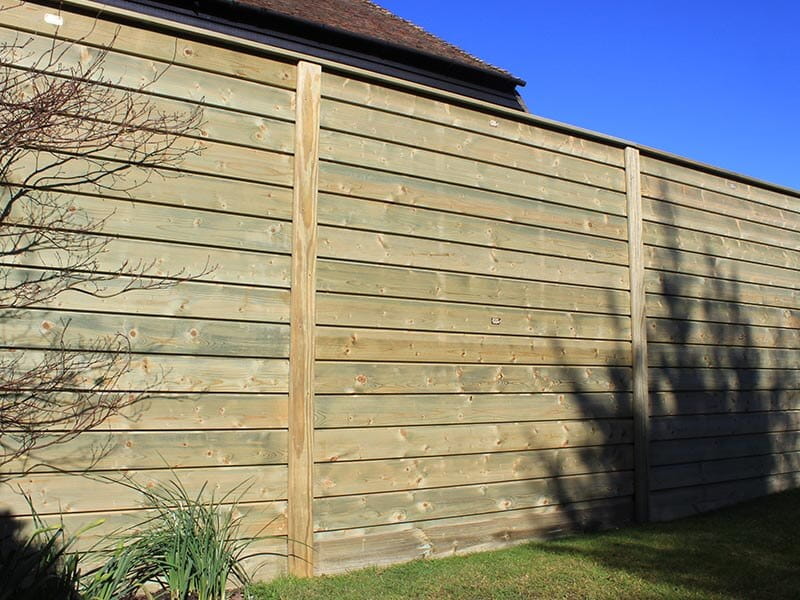24/04/2023 12:00 AM
Our gardens provide a space to take in the outdoors, relax, and embrace nature. With an increasing number of homes being built close to commercial and industrial districts, and transport infrastructure like major roads or train lines, excess noise pollution can have a significant impact on the noise levels in your garden.
How do you make your garden quieter?
We look at ways to help you reduce the noise in your garden. Noise and the way it travels, can be a complex subject with many factors impacting the effectiveness of different options. We would always recommend consulting a sound engineer before using any of the following to reduce noise in your garden.
1. Use an acoustic fence
Acoustic fencing is designed to either absorb or reflect sound waves to reduce the impact of noise. Identifying the noise source and choosing the correct acoustic fence that’s installed in the correct position will have a positive impact on the noise levels in your garden. Not only will an acoustic fence reduce noise, but it also makes an attractive garden fence with its timber façade.
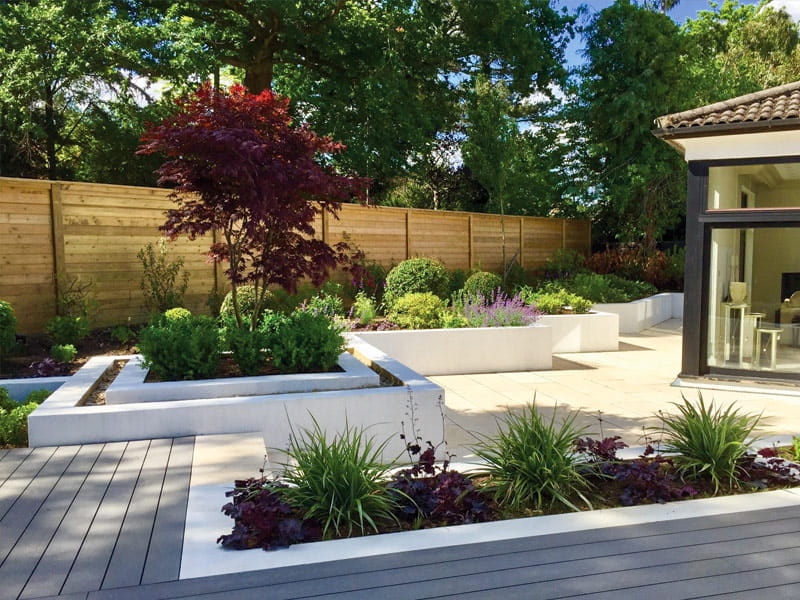
2. Use acoustic gates
To ensure there are no gaps for sound waves to travel through all the way along the perimeter, we recommend using acoustic gates where access is needed. If you leave out an acoustic gate and just place a standard gate, this could compromise the effectiveness of the whole fence line. Acoustic gates can be made for driveways as well as side gates.
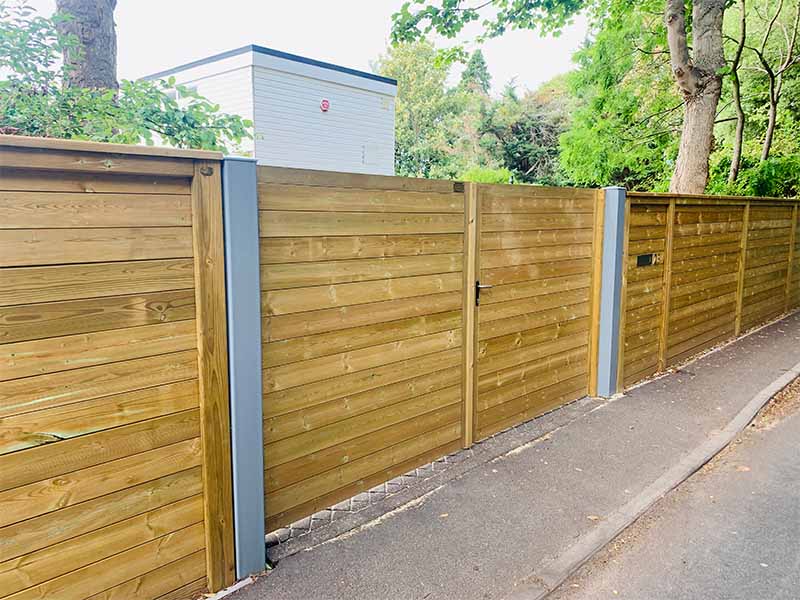
3. Reduce hard surfaces
Houses themselves are commonly large flat surfaces and they could be reflecting noise into your garden. Attaching trellis or fence panels to exterior walls to create green walls can help to absorb the noise instead of reflecting it. Adding a green roof to your home or outbuilding can also help reduce the impact of noise.
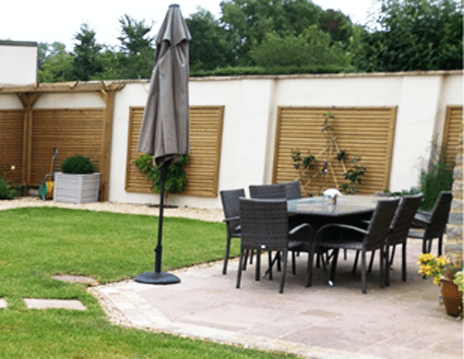
4. Lawns over patios
Ensure you have a lawn rather than a concrete patio. Hard surfaces won’t absorb any noise, they will reflect it, causing the sound to bounce around the garden. Opting for soft surfaces like lawn and lots of plants and bushes will all help to absorb noise.
5. Add more planting
Hedgerows, bushes, and thick trees will all muffle noise. They form another barrier for the sound waves and will absorb some of the noise. Add trees that will grow above the fence line to increase the height of the boundary. Pleached trees or hedges can be used to grow the tree canopy out to cover more area and therefore increase the soundproof barrier.
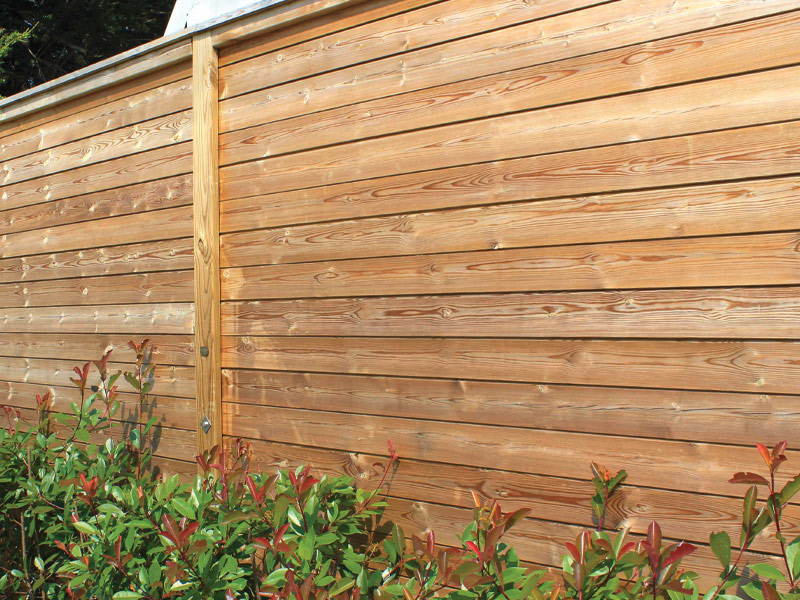
6. Increase the height of your fence Increasing the height will increase the surface area with potential to reflect noise waves. If your fence is already close to 2 metres and you don’t want to apply for planning permission to increase it, use trees to increase the height.
7. Choose solid fence panels
If an acoustic fence isn’t the right choice for you, opting for a solid fence like our RHS endorsed Shadowline panel will do better at reflecting noise away from your garden than a semi-solid fence panel which allows light and air to flow through. The grooves in the panel will help to absorb some of the noise too.
